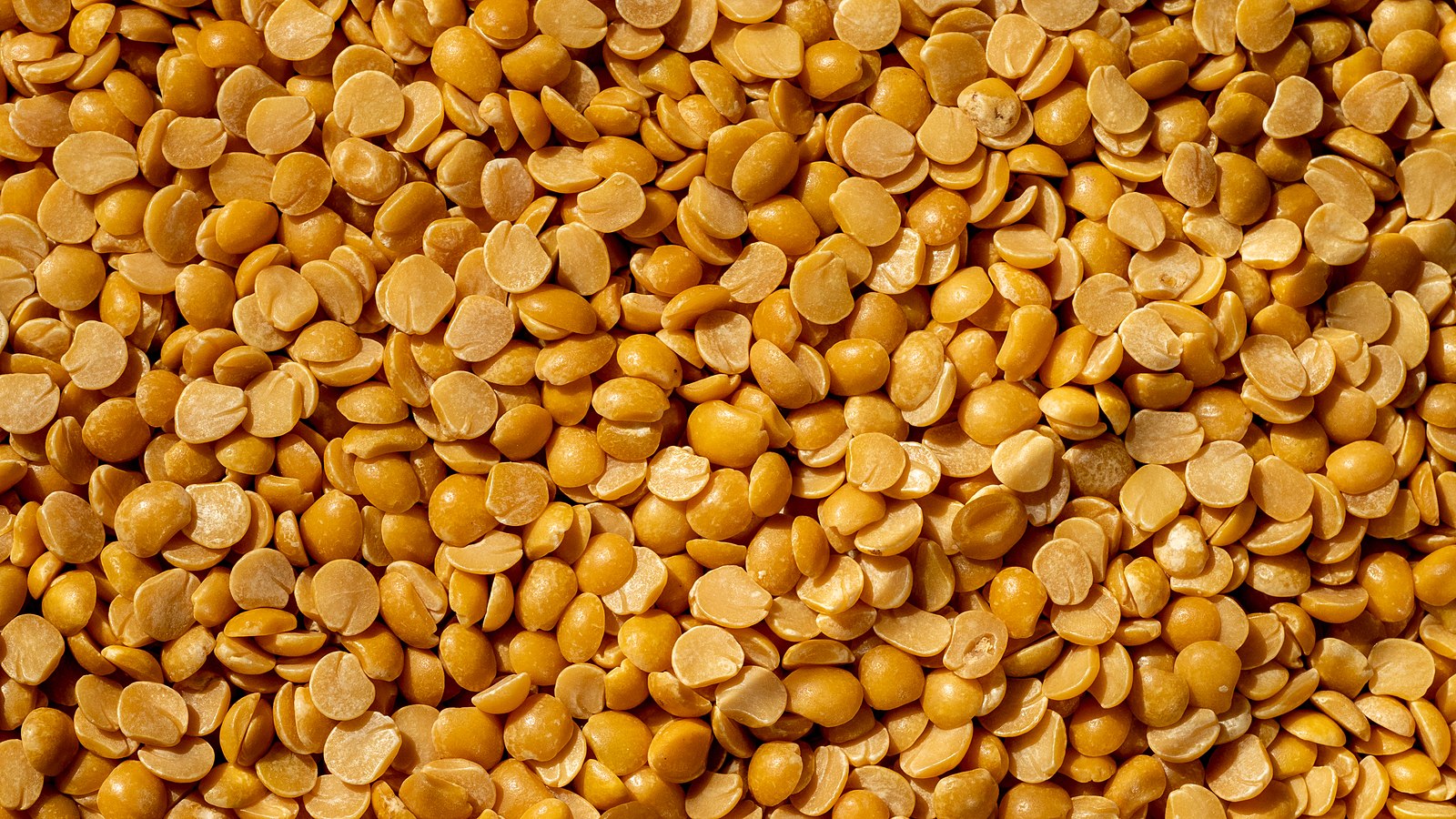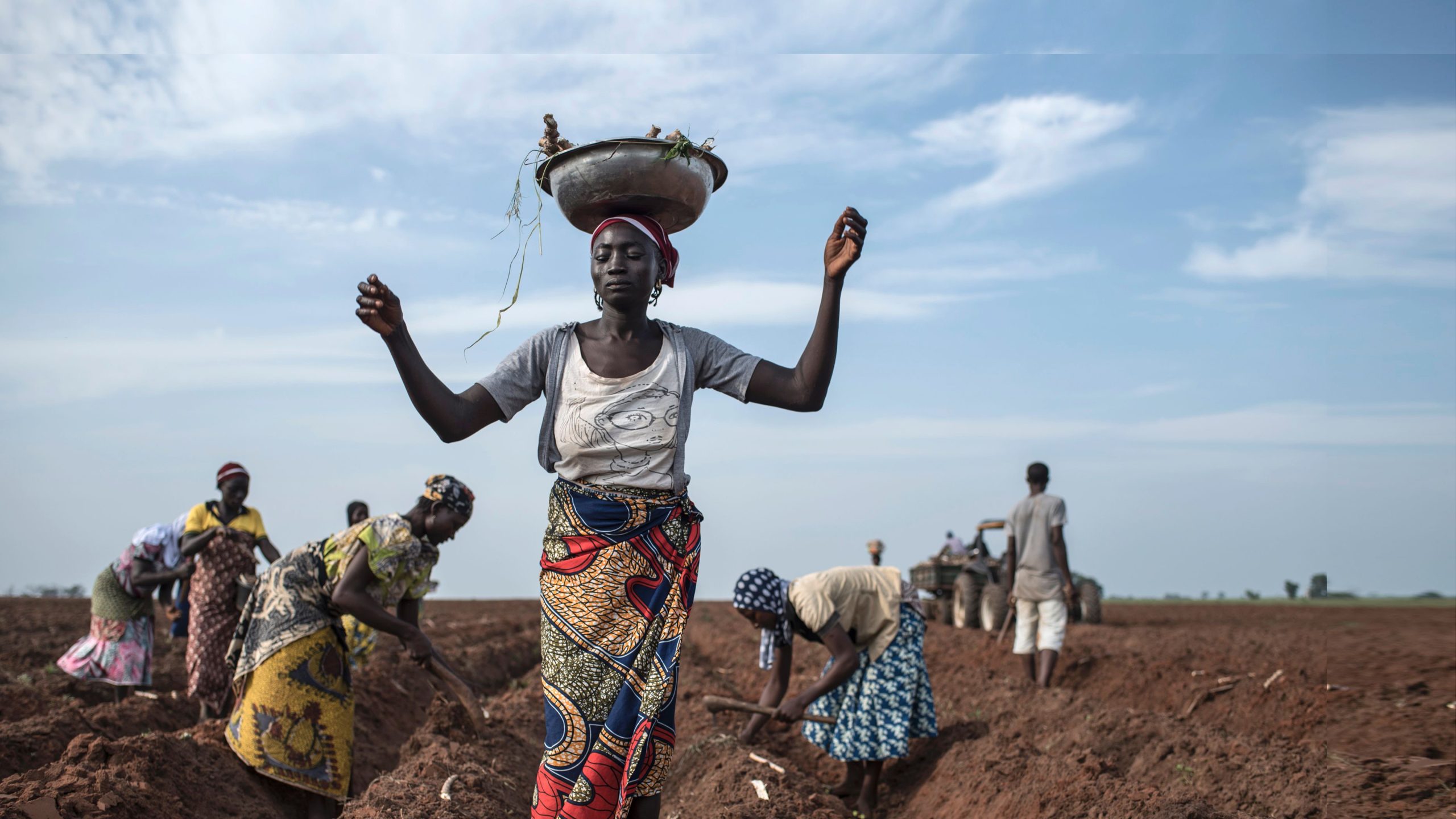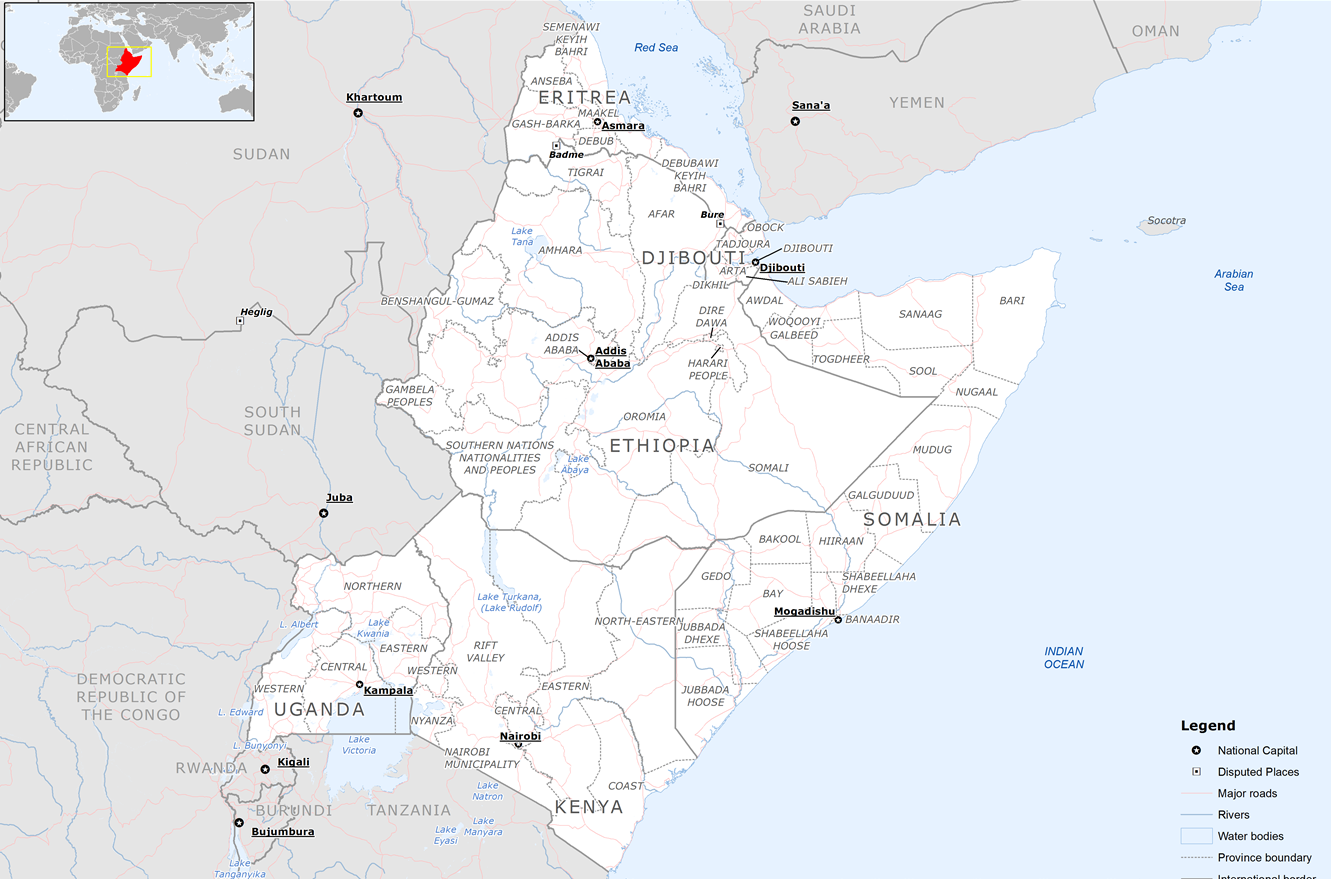We are excited to announce that Brink is now part of Africa Practice. Learn more
Mozambicans check the pulse amid Indian opportunity

Mozambique is a key exporter of tur dal (also known as pigeon peas). It is the largest African producer to supply India, where the pulse is a staple food. However, Mozambique’s sudden and unexpected meddling with export quotas, seemingly driven by political considerations, has jeopardised local livelihoods and raised food security concerns in India over the last two months.
Tur dal is a key cash crop for Mozambique, with some two million smallholder farmers making a living from pigeon peas, which generate over USD 125 million each year. Local production has boomed as farmers in Zambézia province have embraced the crop’s drought resistance and low maintenance. Pigeon peas are well suited to small-scale production, since there is no suitable machinery for cultivation, and they work best as a row intercrop with maize, peanuts or cassava.
Exporters in neighbouring Nampula province have also responded to growing international demand. Mozambicans do not consume tur dal, instead focusing on exports to India, where 4.5 million tonnes are consumed annually. India imports roughly 15% of its annual pulses consumption, largely from Mozambique, Malawi, Myanmar, Canada and Australia. India imported approximately 890,000 tonnes of tur dal in 2022-2023, with 200,000 tonnes coming from Mozambique. The country exports its produce between September and January, outside of India’s main harvest, exploiting seasonal differences.
Indian trade liberalisation…
Rising demand in India has politicised pigeon peas in Mozambique. In July 2016, Indian Prime Minister Narendra Modi visited Mozambique and signed a Memorandum of Understanding (MoU) with his counterpart Filipe Nyusi governing the tur dal trade. The MoU sought to double Mozambican output, from 100,000 tonnes in 2016-2017 to 200,000 tonnes in 2020-2021, with trade being conducted either through private channels or government-to-government sales via nominated state agencies. This was a curious statement given the absence of a public trading agency in Mozambique, but it may have inadvertently empowered the Mozambican Grain Institute (Instituto de Cereais de Moçambique – ICM), which regulates the cereal and pulse trade.
Trade liberalisation appeared to be gaining momentum when the Indian High Commission in Maputo released a statement in March 2023, declaring that India would waive a 10% import duty and import pigeon peas duty-free in unlimited quantities over the coming year.
…and Mozambican quotas
However, in an abrupt twist, in July the ICM imposed a 200,000 tonnes export quota for 2023-2024, requiring exporters to bid for slots, according to Zitamar News, which has reported extensively on the saga. Naturally, exporters expressed dissatisfaction, arguing that there were no comparable restrictions on the Indian side, and raising concerns about fair competition. Nevertheless, 33 companies out of 45 shortlisted, reportedly bid for the quota and made commitments to farmers so they could meet their allocations.
Later in July, the ICM abruptly cut the quantities allocated to some exporters by some 85%-95%, without explanation. The ICM Director, Alfredo Manpuio, argued that the reductions have been implemented to accommodate all 45 firms in the bidding process. However, the extent of the quota cuts seems to greatly exceed the need to share, prompting suspicions that some players were benefiting while others lost out.
Repeating mistakes
If the past serves as an accurate guide to current behaviour, then it is likely that ruling party Frelimo is taking advantage of the rising interest in the tur dal market to solicit payments by exporters in return for the right to ship their produce to India. Illicit campaign finance is believed to be particularly heightened in Nampula – the centre of the pigeon pea trade and a political battleground ahead of municipal elections this year, and presidential and legislative polls in 2024.
The ICM’s interventionism and Frelimo’s profiteering can be traced back to 2017, when India experienced a bumper harvest, leading to restrictions on global imports. Although this did not officially apply to Mozambique – which benefited from an Indian commitment to offtake produced volumes under the MoU – it did lead to a degree of confusion, which was exploited on the ground.
Ambiguity over exports enabled well-connected middle-men to secure quotas despite no history of involvement in the trade. These authorised individuals then reportedly sold their rights to licensed exporters for a commission. Certain beneficiaries of the scheme doubtless owed their ability to insert themselves in the trade to their political connections. This practice fueled resentment in Nampula, forcing the Ministry of Industry and Commerce and the Ministry of Agriculture to intervene, and prompting the ICM to organise its first sectoral meeting for exporters of the crop in September 2018.
Despite the ICM’s commitments to introduce transparent criteria for the award of export quotas, political shadows continue to loom large over Mozambique’s tur dal trade. As Frelimo builds its campaign warchest ahead of municipal elections in October, and presidential and legislative polls next year, the ICM appears to be exploiting its discretion over export quotas and authorisations to again galvanise political payments to the ruling party.
Suspicions that Frelimo is extracting fees from exporters in exchange for export rights threaten livelihoods and the integrity of Mozambique’s trade with India. An impending challenge from exporters, who are reportedly poised to contest the quotas in the Administrative Court (Tribunal Administrativo – TA), accentuates the gravity of the situation. It also raises questions over transparency, accountability, and ethical trade practices between Mozambique and India.
Threats to trade and food security
With India being a pivotal trade partner, responsible for a substantial portion of Mozambique’s imports, contributing USD 2.2 billion to the economy in 2022, the uncertainty surrounding tur dal exports has far-reaching consequences. Mozambique has an imperative to maintain stable trade relations, but the intentional ambiguity sewn by the ICM, and alleged profiteering by middle-men rumoured to be making donations to Frelimo’s election campaign warchest, jeopardises these relations.
The decisions taken in Maputo and Nampula will also have a major impact on food security in India, where tur dal production wavers due to unpredictable rains. The Indian government’s plan to import 1.2 million tonnes of pigeon peas signals a 35% surge in demand, which should represent an opportunity for Mozambique. However, if the country is to capitalise on rising Indian interest, it must adopt a clear strategy which enables smallholder farmers to harness the potential of unrestricted and duty-free tur dal trade.
About the author
Sheena Shah is an Analyst at Africa Practice and works with various clients across the continent, conducting research, providing analysis and insights, and supporting stakeholder engagements. She can be reached at [email protected].
Proud to be BCorp. We are part of the global movement for an inclusive, equitable, and regenerative economic system. Learn more


